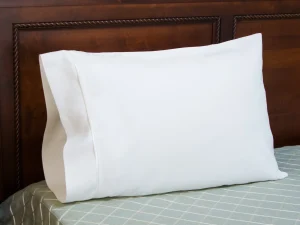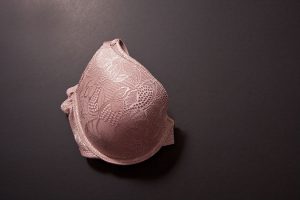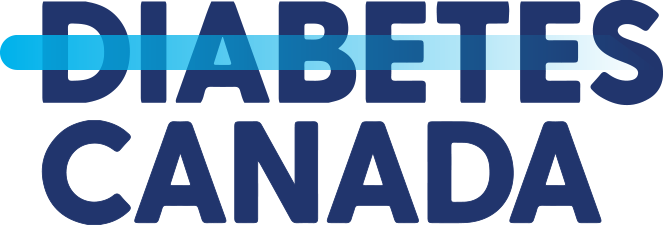During perimenopause and menopause, women often experience a variety of uncomfortable symptoms. One of the most problematic for many women is a disruption to their quantity and/or quality of sleep. A lack of sleep can lead to tiredness and irritability during the day and contribute to several health issues such as increased hormone production, inflammation, inability to lose weight and even increased cardiovascular risk.
Why do sleep problems increase with menopause?
There are many reasons why women going through menopause may experience difficulty falling asleep or staying asleep. One reason has to do with a change in hormones. During menopause, women produce less progesterone, a hormone that naturally calms us. When levels of progesterone are low, it can affect our sleep.
Another issue women may face is increased levels of stress during this time in their lives. Not only may women be experiencing some stress and anxiety over the changes to their bodies, but this is likely a time in their lives when they are still caring for children, starting to become family caregivers to aging parents, and managing their careers. This stress raises cortisol levels, which can cause women to have trouble staying asleep through the night.
Additionally, menopause – or simply getting older – often comes with other symptoms that may cause women to wake at night. Both men and women, for example, experience changes to their sleep cycles as they age, spending less time in REM and deep sleep and more time in light sleep. Women may be awoken by symptoms of menopause like hot flashes or sleep apnea, or by restless legs or more frequent trips to the bathroom.
How can we take back our sleep during menopause?
Because there are so many causes of sleep disturbance during menopause – and because each woman is unique, the answer to the question is going to be very individual to each woman.
We can start by examining our sleep hygiene and see where we might need to make changes. Our beds, for example, should only be used for sleep (not watching tv, reading, etc.). Avoiding screen time and alcohol before bed is also important and can help with getting a good night’s sleep.
Various supplements can also be beneficial. Magnesium glycinate, for example, can help to relax the body, which is good if you experience muscle twitches like restless legs. A low dose of melatonin may prove beneficial for women who have difficulty falling asleep. And estrogen or estrogen-mimicking supplements may help women who wake up from hot flashes.
Often a supplement blend is the best solution because it provides a variety of ingredients in low doses, which help with different aspects of sleep problems.
Shop some of our most popular sleep products and supplements here.
Ortho Sleep™ is the most comprehensive natural sleep aid available. Its ingredients have been clinically proven to help increase total sleep time, reduce the time it takes to fall asleep, and help to re-set the body’s sleep-wake cycle.
If hot flashes are a concern, try using a cool, moisture-wicking pillowcase or nightgown. You’ll wake up feeling refreshed and energized—ready to take on the day!
This heat-managing pillowcase by ‘Cool Your Sweats’ is intricately made from a blended fabric of hemp and lyocell. It looks luxurious and feels good against your skin. It’s slightly heavier than linen, and it’s more effective at drawing heat and moisture away from your head. Another great product of theirs is the Simone Menopause Relief Nightgown. The fabric is also a blend of hemp and organic cotton. Because of hemp’s structure, the fibres have hollow cores that help wick moisture and heat away from your body so fast it actually can help moderate your body’s temperature.
Contact Brant Arts today
Did you know that our pharmacists, Kerry Roberts & Carolyn Whiskin, are also Certified Menopause Practitioners? If you are experiencing sleep loss due to menopause and would like to know more about your options to overcome this, Kerry & Carolyn are an invaluable resource and would be happy to speak to you. They are also available for an in-depth consultation by appointment. Contact us today or drop by the pharmacy!












